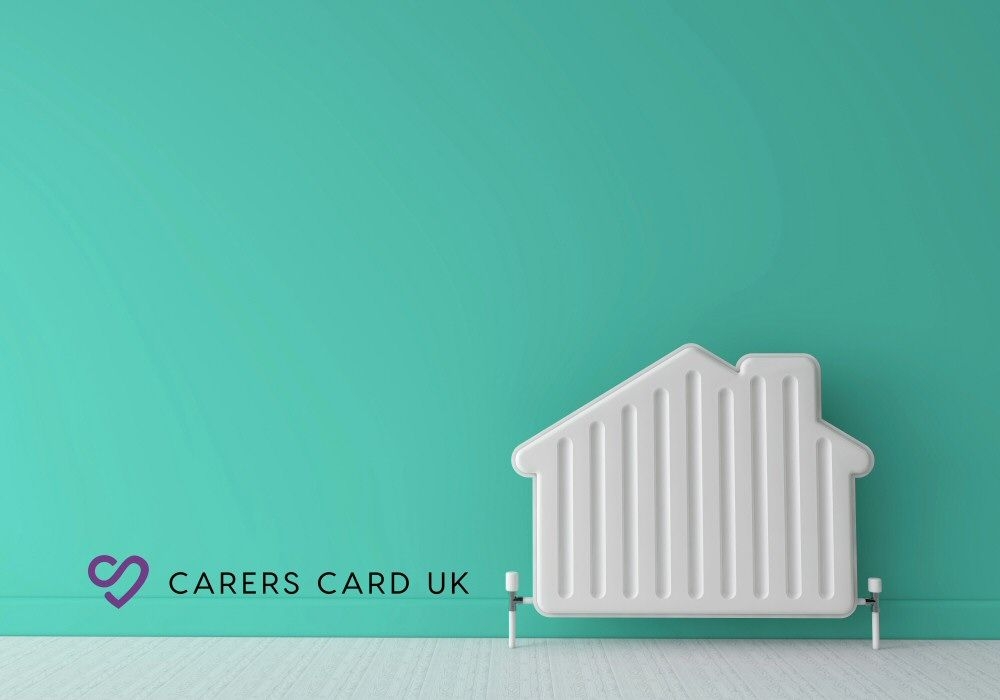1. Fix Leaks Promptly
Even small leaks, such as a dripping tap or a constantly running toilet, can waste a significant amount of water over time. Fixing these issues promptly can save both water and money. A leaking tap, for example, can waste up to 5,500 litres of water a year if left unchecked.
Tip: Regularly check for hidden leaks by monitoring your water meter before and after a period of no water use.
2. Install Water-Saving Devices
Water-saving devices, such as low-flow showerheads, dual-flush toilet mechanisms, and tap aerators, are cost-effective investments that can reduce water usage significantly. Many water companies offer these devices for free or at a discounted price.
Tip: Contact your water provider to check if they offer free water-saving kits or devices for your home.
3. Use Appliances Efficiently
Dishwashers and washing machines can consume large amounts of water, but using them efficiently can help reduce waste. Always run these appliances with a full load and use eco-friendly settings if available. Modern machines often have water-saving features, so make sure you’re taking advantage of them.
Tip: When purchasing new appliances, look for ones with high water efficiency ratings to save even more in the long run.
4. Collect and Reuse Water
Collecting rainwater is an excellent way to save on outdoor water use. A water butt can store rainwater, which can then be used for gardening or washing outdoor surfaces. Indoors, you can reuse water from tasks like rinsing vegetables to water plants.
Tip: Place a bucket in the shower to collect water while you wait for it to warm up, and use it for cleaning or watering plants.
5. Shorten Showers
Showers can use a surprising amount of water, especially if they last longer than necessary. Reducing your shower time by just a few minutes can make a big difference. Installing a shower timer can help you and your family stay mindful of water usage.
Tip: Aim for showers lasting no more than 5 minutes and encourage others in your household to do the same.
6. Water Plants Wisely
Gardening can use a lot of water, but adopting smart watering techniques can minimise waste. Water plants early in the morning or late in the evening to reduce evaporation. Use mulch to retain soil moisture and focus on watering the roots rather than the leaves.
Tip: Choose drought-resistant plants for your garden, which require less water and maintenance.
Summary and Key Takeaways
- Fix leaks promptly to prevent unnecessary water waste.
- Install water-saving devices like low-flow showerheads and tap aerators.
- Run appliances with full loads and use water-efficient settings.
- Collect rainwater and reuse water for gardening and cleaning.
- Shorten shower times to reduce daily water usage.
- Adopt smart watering techniques in your garden to minimise waste.
By making these small but impactful changes, you can significantly reduce your water bills while contributing to water conservation. For carers, every saving counts, and these tips can help free up funds for other important needs. For more cost-saving ideas and support, visit CarersCardUK.

